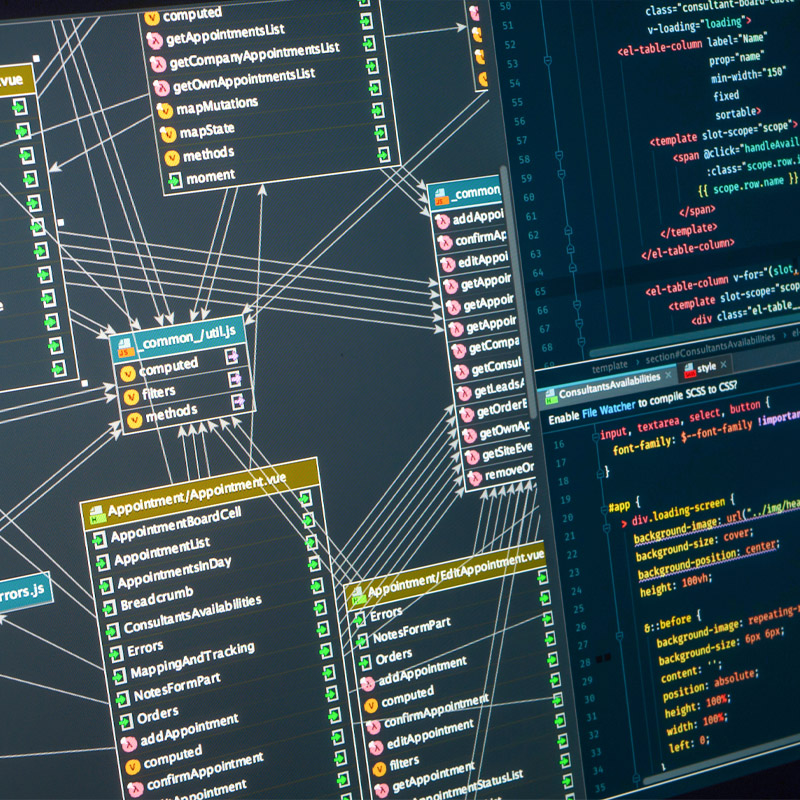
Production planning: Production planning is a central factor in the digitalization of companies in production, industry and logistics. In a nutshell, it involves the work preparation and organization of production, preparation and assembly. However, this in a comprehensive sense, i.e. on a technical and economic level
It’s all about one thing: manufacturing.
Production planning is essential to ensure that the entire production process is controlled and runs smoothly. As a rule, this is best achieved through the use of special software and the help of a technical management consultancy.
Definition: What does production planning mean?
Production planning is a generic term, often also referred to as work preparation, order preparation or production control. This includes all measures (often one-off) that are used to manufacture products, sub-elements and entire assemblies.
Examples of specific tasks:
- Commissioning the production
- Supply with necessary materials
- logistic organization
- Time and personnel planning
- Storage period and storage location
- Transportation of the finished products
Production planning and its advantages
Optimal process organization of workflows stands and falls with good production planning. Thanks to multifunctional software, all factors can be calculated precisely right from the start. This makes it possible to plan the specific effort required in terms of employees and materials, as well as costs, duration and logistics, down to the last detail in advance.
But that’s not all, because with production planning software, those responsible can simulate different scenarios, such as emergency situations. As a result, various solutions can be worked out to minimize damage and costs.
The tasks of production control
The scope of work preparation always depends on the industry and the company. For example, work scheduling is likely to be a more important factor in the production of one-off items than in the production of mass-produced items, where work control has a greater role.
The range of tasks in industry and logistics covers the following phases, which can be optimally designed with the help of software:
- Selection of suitable production processes
- Material and budget planning
- Planning of locations
- Organization of production resources
- Acquisition of suitable technology and machinery
- Programming (CNC control)
- Planning of processes, schedules and personnel
- Capacity planning
- Workshop control
- Material planning


